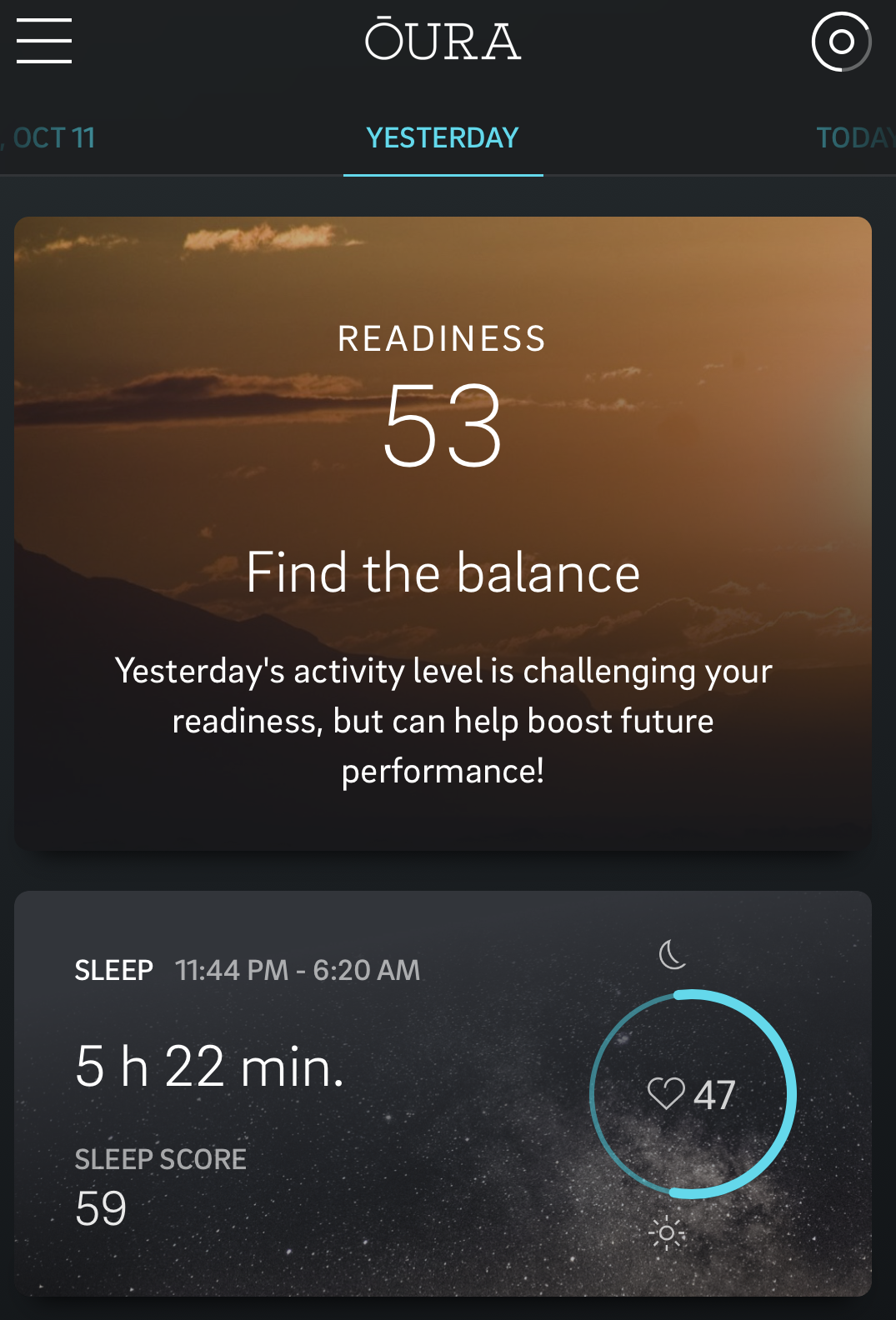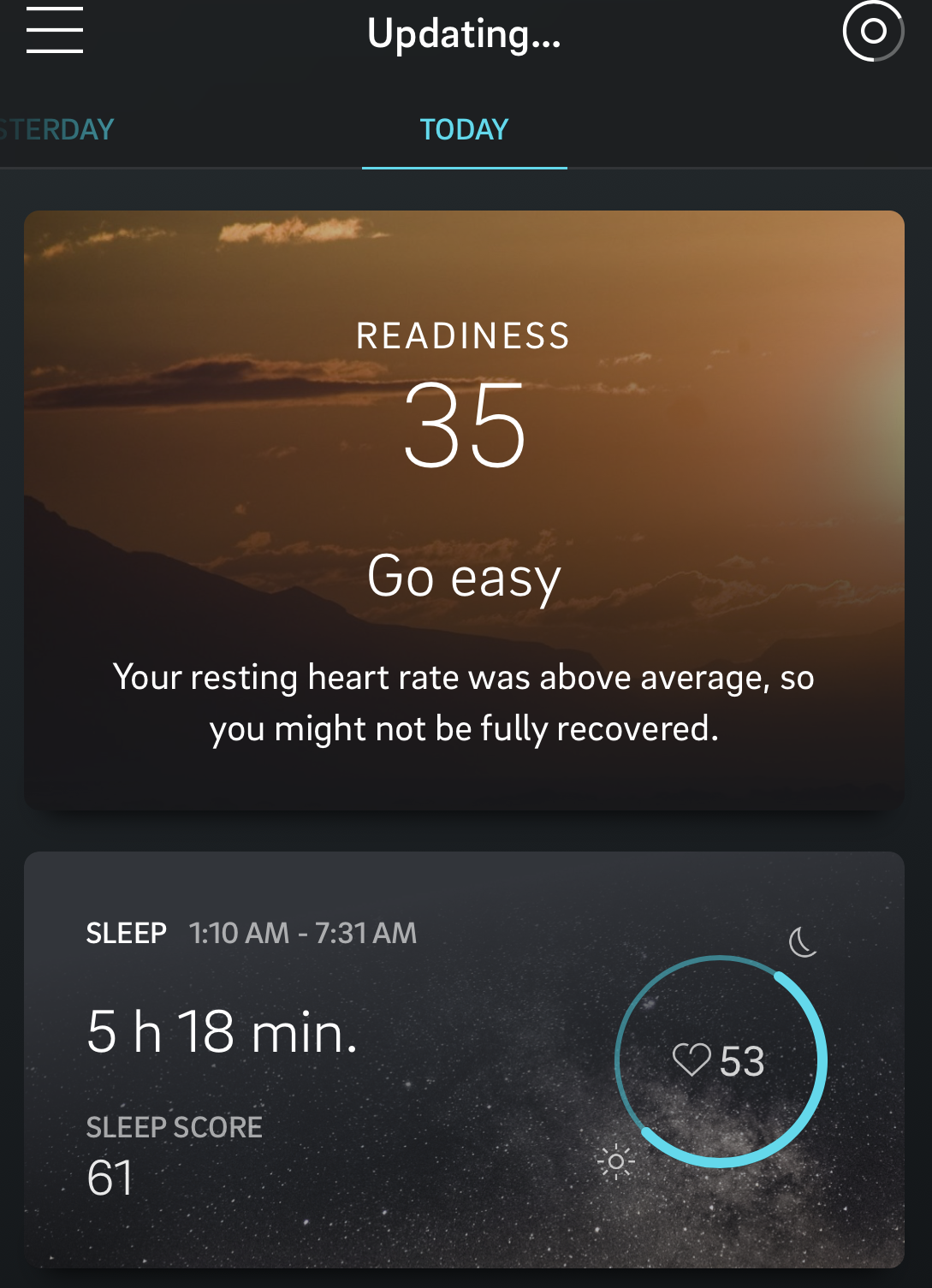Creating Balance With Your Weekends
You’ve Got To Make Time To Recharge
The concept of burning the candle from both ends embodies the trendy term called work-life balance, or lack thereof as seems to be more and more the case. If you are in a hard and stressful job but also spending your weekends staying up late and partying or neglecting sleep for Netflix binges, the wick that is your lifeforce is getting burnt out from both ends.
Thanksgiving long weekend just passed us and usually, long weekends give us respite from the ‘always on’ mentality that we live with today, as businesses also closed for a day of rest and give us all the chance to pause. However, long weekends are also filled with family gatherings and times of celebration which can mean late nights, good food, and plenty of drinking. All of this is great when it means reconnecting with friends and family spread near and far to create lasting memories but recognizing its impact on your nervous system and stress levels is valuable for avoiding a state of full-on burnout and keeping your training or business progressing if you are involved in any sports or entrepreneurial endeavours.
My Thanksgiving weekend this year was the aforementioned kind as I was attending my best friend John’s wedding in Toronto and I knew that I would have to find balance in other parts of my life and throughout the weekend in order to not crash after the wedding.
This is what a few busy days and late nights can do to your recovery. The following data from my Oura ring display from Saturday morning and Sunday morning on Thanksgiving weekend tells you all you need to know.
Knowing how various factors impact my sleep quality helps me to make choices to regain balance or simply know that I may wake up feeling less than optimal after a busy weekend like this and that I should go light with training to avoid pushing myself into a deeper hole or risking injury.
The value in knowing that a few nights short of optimal sleep combined with busy and active days crushes your recovery and readiness for training extends to general exercise as well as sport-specific training. If you like to work out just to stay healthy, following a busy weekend like the one I had, you may want to consider doing light weight training only or avoiding it altogether and just doing some low-intensity cardio, yoga, and stretching until your body is more fully recovered.
In addition to considerations with how your workouts are designed to create balance, do what you can to mitigate stress at work, and find other parasympathetic activities to include while you are returning to normal. For me this included getting some extra rest with an hour-long float session once I returned home, getting outside for a quiet walk, and getting extra sleep for the following few nights.
Most often the choices that help us regain balance aren’t the most fun or easiest options (but they will make you feel better) which is why you need to make the conscious choice to improve your recovery and reduce chronic stress levels.
Tips For Regaining Balance
Adjust Your Workout Plan Until You Are Better Recovered - don’t tax the nervous system with high-intensity weights or cardio.
Eat healthy foods - this is completely subjective to you and your goals but you probably know when you’re making the right choices. Use a food tracker like MyFitnessPal for a bit if it helps you get back on track.
Forest bathing - getting deep into nature has restorative effects on your mind, body, and soul.
Get extra sleep - turn off your devices and go to bed early to catch up on some Zzz’s.
Go for a float - find a float centre near you and get into a state of deep parasympathetic rejuvenation.
Reduce caffeine - when your body is reaching its limits you may be reaching for that extra cup of coffee to keep going. Avoiding doing that will limit further contribution to adrenal fatigue and stress.
Plan in advance - if you know you’re coming into crunch time at work or in training, prepare ahead of time with all of the above tips so that your competition or all-nighter at work doesn’t grind you into the dirt.
There are many ways to return to optimal functioning but it all starts with awareness which we intuitively know when we’re approaching burnout and overtaxing ourselves. We don’t always have the luxury of stepping on the brakes and settling down - there are seasons in our lives when we have to go full-tilt forward. But when you can it’s best to slow down and keep balance in place.
If you’re unsure of what this feels like in yourself or if you want even more details, a device like the Oura ring, Whoop, or other HRV tracking tools can help you to quantitatively measure your recovery to keep track of trends. Intelligent use of your own recovery trends will allow you to push yourself harder for longer without getting sick, injured, or burnt out and is a critical factor in the success of many world-class performers across all fields of business and sports.
When you’re stressed and overworked, proper recovery isn’t just going to come to you; you’ve got to create time to regain balance.


